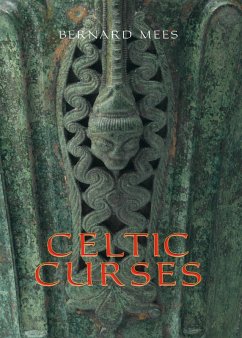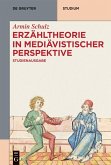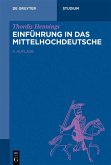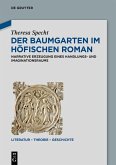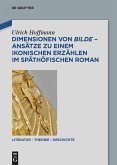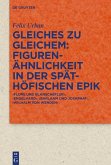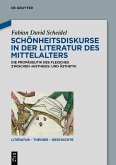Full analysis of ancient and medieval expressions of Celtic cursing, using evidence ranging from magical charms to curse tablets.
The first comprehensive study of early Celtic cursing, this work analyses both medieval and ancient expressions of Celtic imprecation: from the binding tablets of ancient Britain and Gaul to the saintly maledictions of the early medieval period, and other traces of Celtic stipulation and binding only speculated on in earlier scholarship. It provides the first full overview and analyses of the ancient Celtic use of binding curses (as attested in Old Celticand Latin inscriptions) and examines their mooted influence in later medieval expressions. Ancient finds (among them long Gaulish curse texts, Celtic Latin Curse tablets found from the Alpine regions to Britain, and fragments of Old Brittonic tablets excavated from Roman Bath) are subjected to rigorous new interpretations, and medieval reflections of the earlier tradition are also considered.
BERNARD MEES gained his PhD from the University of Melbourne.
The first comprehensive study of early Celtic cursing, this work analyses both medieval and ancient expressions of Celtic imprecation: from the binding tablets of ancient Britain and Gaul to the saintly maledictions of the early medieval period, and other traces of Celtic stipulation and binding only speculated on in earlier scholarship. It provides the first full overview and analyses of the ancient Celtic use of binding curses (as attested in Old Celticand Latin inscriptions) and examines their mooted influence in later medieval expressions. Ancient finds (among them long Gaulish curse texts, Celtic Latin Curse tablets found from the Alpine regions to Britain, and fragments of Old Brittonic tablets excavated from Roman Bath) are subjected to rigorous new interpretations, and medieval reflections of the earlier tradition are also considered.
BERNARD MEES gained his PhD from the University of Melbourne.
Dieser Download kann aus rechtlichen Gründen nur mit Rechnungsadresse in A, D ausgeliefert werden.

